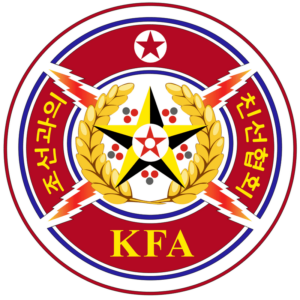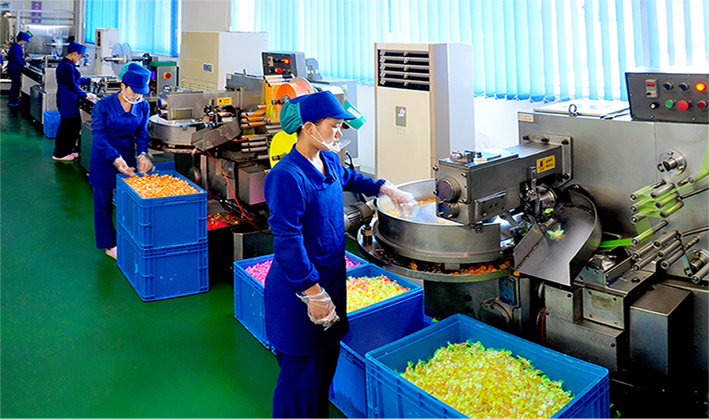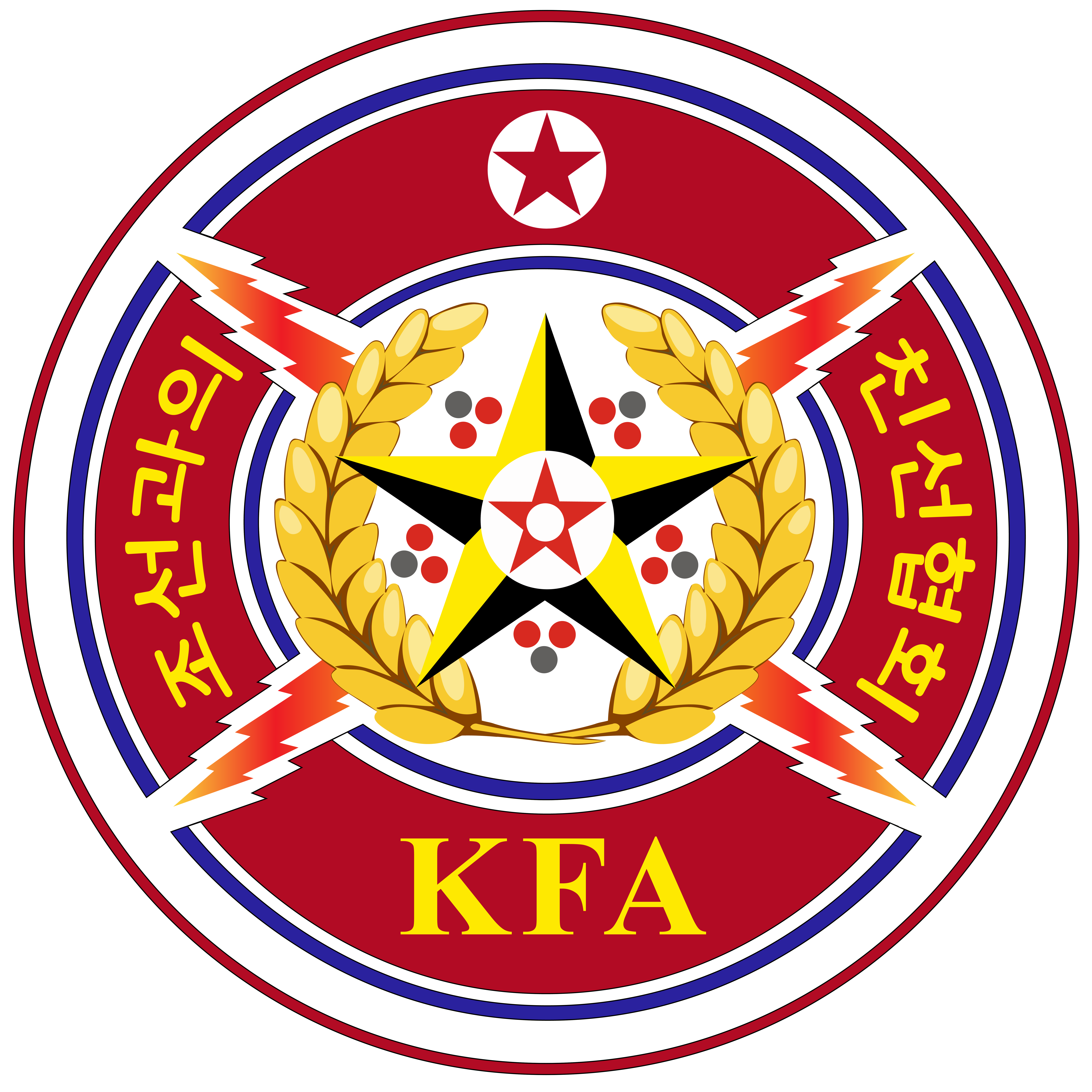Kim Il Sung, News
Labour Law for Working People.
In June Juche 35 (1946), the DPRK proclaimed a labour law for the first time in its history.
After Korea’s liberation from the Japanese military occupation on August 15, 1945, the workers and other working people embarked on the road of building a new country. This being the situation, the issue of enacting a new democratic labour law presented itself as an important demand for providing them with an independent and creative working life.
Under the colonial rule of the Japanese imperialists, the Korean people had been subjected to harsh slave labour for hours every day at factories, coal and ore mines that were not provided with basic working and living conditions, leading inhuman, miserable life.
They began to enjoy true working life only after their national liberation.
But the vestiges of colonial slave labour left by the Japanese imperialists still remained.
During the anti-Japanese revolutionary struggle Comrade Kim Il Sung had already included the abolition of slave labour and enforcement of eight-hour working system in the “Ten-Point Programme of the Association for the Restoration of the Fatherland”. Based on the analysis of such realities in the liberated country, he wisely led the struggle to carry out those tasks in keeping with the demands of building a new society.
On June 20, Juche 35 (1946), he called the 8th Session of the Provisional People’s Committee of North Korea and made a speech, titled “On the draft labour law”. He saw to it that the session deliberated on the draft labour law before bringing it under the public discussion.
The draft labour law was discussed in different parts of the country, and all the Korean people unanimously proposed proclaiming the draft as the law, as it fully reflects the aspiration and demands for the conditions of democratic working life.
Kim Il Sung promulgated the “Labour Law for the Factory and Office Workers in North Korea” on June 24, Juche 35 (1946).
Thanks to the labour law, the workers and office employees were fully provided with the democratic rights to labour and rest, including an eight-hour workday, paid leave, social insurance and the fairest wage system which pays the people, irrespective of sex and age, according to the quality and quantity of their work done.
The Labour Law was the most democratic and unique law conforming to the characteristics of the Korean revolution which performed the anti-imperialist and anti-feudal democratic revolution. It was of great significance in improving the working conditions of factory and office employees and their material life and enabling them to create new happy life.
Since then, the Korean people have been provided with the rights to labour and relaxation, enjoying an honourable life as the master of the country under the State and social benefits.


